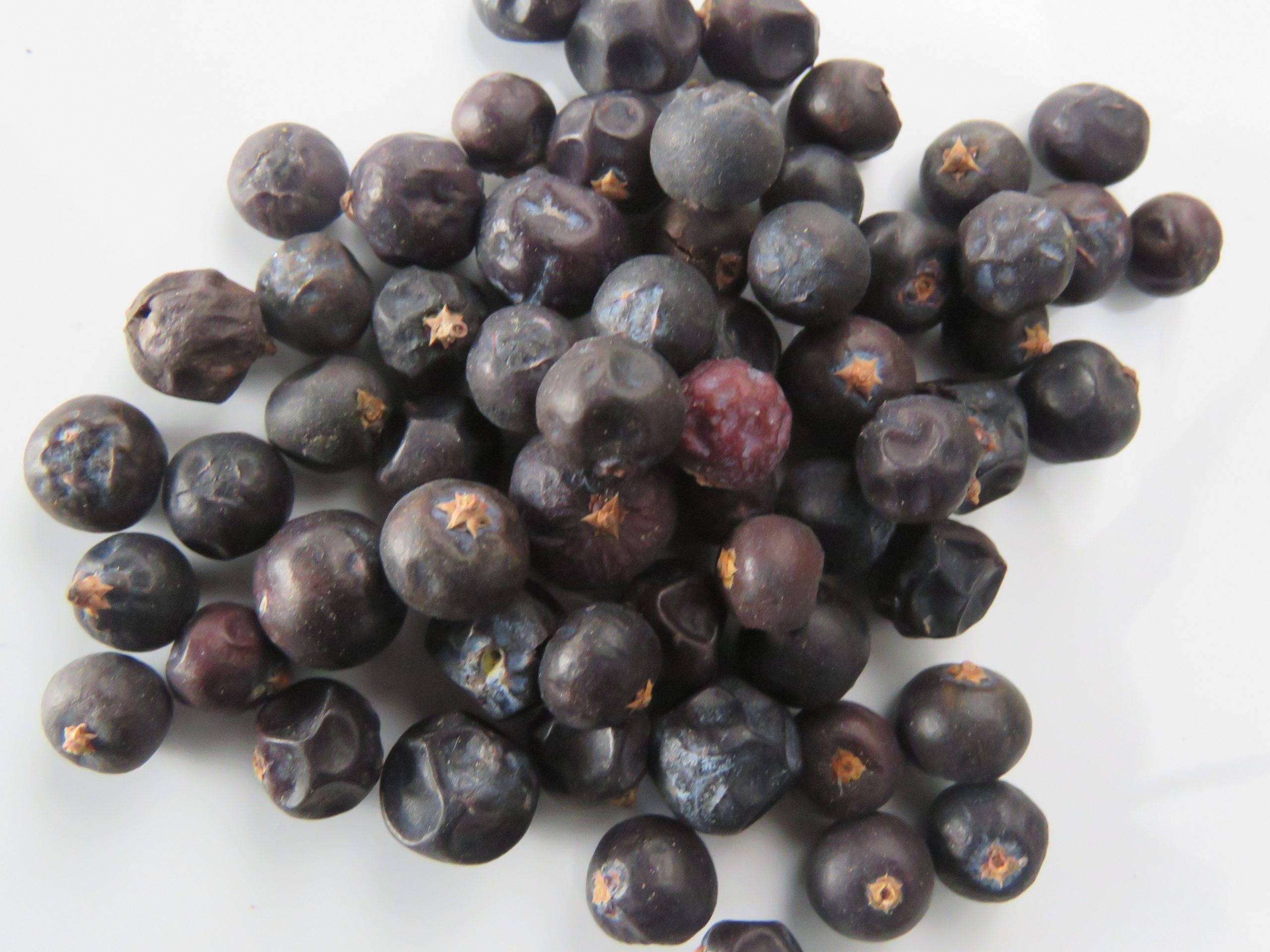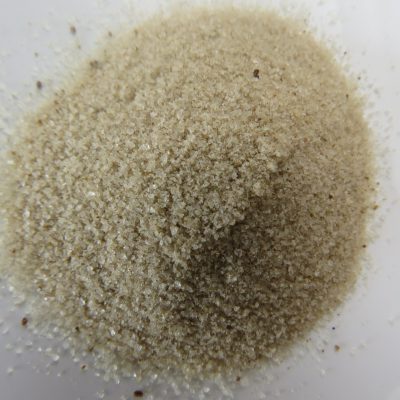Juniper Berries
$4.15
What vitamins do juniper berries have? Juniper berries are high in vitamin C, flavonoid antioxidants, monoterpenes, and coumarins, all of which may offer various health benefits.
Juniper is commonly used with lamb (or mutton) and is particularly good with venison, wild boar, and even domestic pork. You could even add them to a pot of chili, to give a rustic flavor that complements ground smoked chile peppers. Juniper is also a good flavoring to use with roast duck.
Description
JUNIPER BERRY
Juniper berry is the female seed cone of the juniper tree. Juniper berries are not berries in the true sense of the word, but actually the seed cones of juniper trees. Their fleshy scales give them the appearance of a berry, hence the name juniper ‘berry’. Juniper berries come from several different species of juniper tree, especially Juniperus communis. They are found growing in different areas across Europe, Asia, and North America. Juniper berries are also sometimes found in the hilly parts of northern India.
Juniper berries are used as a spice, particularly in European cuisine. They are one of the few spices that are derived from conifers and have a tart, pine-like flavour. Juniper berries are most often recognised for giving gin its characteristic flavour. Juniper berry oil is also often used to flavour various cordials and liqueurs. Besides their use as a spice, juniper berries have also been used medicinally for hundreds of years thanks to their health benefits.
Juniper berries on the plant (bush)
Dried Juniper berries
Juniper berries and oil
COOKING WITH JUNIPER BERRIES
Juniper berries are popular in Scandinavian cuisine and other dishes from northern Europe. They are most often used in the traditional cuisines of Norway, Denmark, and Sweden and also found in German, Austrian, Czech, and Polish dishes. Juniper berries are usually used to add flavouring to meat dishes, especially wild birds (e.g. woodcock and thrush) or game meats (e.g. venison). They’re also often used to flavour dishes made from pork, cabbage, or sauerkraut. Choucroute garnie, a popular Alsatian dish made from sauerkraut and sausages, is known for its use of juniper berries.
Juniper berries are used to give gin its characteristic flavour. In fact, the name ‘gin’ itself comes from either the French or Dutch words for juniper (genievre or jenever respectively). In Sweden, a soft drink called Julmust is made using juniper berries. Finland also has a type of beer known as sahti is made from rye and juniper.
You can use juniper berries to season meats and roasts, to infuse in your beverages and cordials, or to add flavour to marinades and spice rubs.
HEALTH BENEFITS OF JUNIPER
Juniper berries have been consumed medicinally for hundreds of years. Their health benefits include:
High in nutrients – Juniper berries are a great source of vitamin C, which is important for immune health. Vitamin C is also an antioxidant, which helps to protect cells from damage called by free radicals. Juniper berries also contain flavonoid antioxidants and monoterpenes, which are shown to have anti-inflammatory and antibacterial properties.
Anti-inflammatory & antioxidant – Juniper berries are a potent source of flavonoids and essential oils which are known to reduce inflammation. The berries also have antioxidants that reduce cellular damage and protect cells from free radical damage.
Anti-diabetic properties – Juniper berries were traditionally used as a medicine for diabetes. In one study on rats with diabetes, it was found that juniper berry extract was able to reduce blood sugar and increase heart-protective HDL cholesterol (the good kind). They are often referred to as ‘nature’s insulin’.
Cardiovascular health – Because of their ability to improve HDL cholesterol levels (the good kind) and reduce high triglyceride levels, juniper berries can promote optimal heart health.
Antibacterial & anti-fungal – Juniper berries have been shown to display potent antibacterial and anti-fungal properties thanks to their oil compounds such as sabinene, limonene and myrcene. Juniper berry essential oil has been shown to have antibacterial and anti-fungal effects against 16 different species of bacteria, yeast, and more. Another study found that juniper berry essential oil was able to strongly reduce the activity of three bacteria strains that can cause serious infection in humans.
Warnings
Do not use if pregnant, nursing, or if you have a kidney condition. If taking any medications, consult a healthcare professional before use.
Keep out of reach of children. Safety sealed with printed inner seal. Do not use if seal is broken or missing.





Reviews
There are no reviews yet.